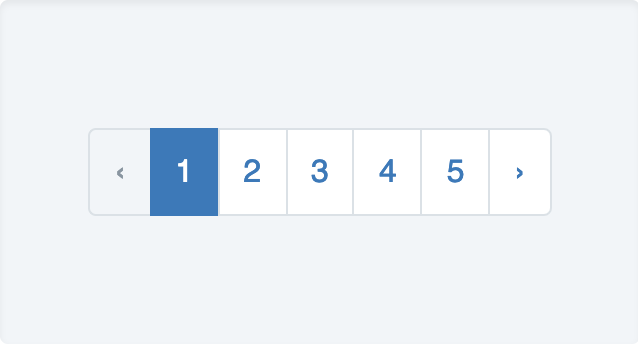What is pagination and Infinite Scroll? Pagination or Infinite Scroll for SEO?
Pagination and infinite scroll are two different techniques used for navigating and displaying content on a website. Here's a breakdown of each and considerations for SEO:
Pagination: Pagination involves dividing content into separate pages, typically with a set number of items per page and navigation links (e.g., page numbers or next/previous buttons) to navigate through the pages. Users click on these navigation links to access additional content.
Infinite Scroll: Infinite scroll, on the other hand, allows users to continuously scroll down a page, and new content dynamically loads as they reach the bottom. It eliminates the need for pagination links, as more content is automatically loaded and appended to the existing page.
Which one to use: The choice between pagination and infinite scroll depends on the nature of your website, the type of content you have, and the user experience you want to provide. Consider the following factors:
Content type: Pagination is more suitable for content that users might want to access directly or search for specific items (e.g., product listings, articles). Infinite scroll is better for content that users are more likely to browse casually or consume in a sequential manner (e.g., social media feeds, image galleries).
Load time and performance: Pagination can be more efficient when dealing with large amounts of content since it loads a limited number of items per page. Infinite scroll may lead to longer load times and increased data usage as more content is loaded continuously.
User behavior and preference: Consider your target audience and how they interact with your content. Some users prefer pagination as it allows them to easily navigate and bookmark specific pages. Others may enjoy the seamless scrolling experience provided by infinite scroll.
SEO considerations: Pagination can be more SEO-friendly as each page has a unique URL, which makes it easier for search engines to index and rank individual pages. Infinite scroll, if not implemented correctly, can present challenges for search engines to crawl and index content effectively.
Using infinite scroll while being search-friendly:
If you decide to implement infinite scroll and want to ensure it is search-friendly, consider the following best practices:
Implement unique URLs: Ensure that each section or batch of loaded content has a unique URL. This allows search engines to crawl and index the individual content.
Implement proper metadata: Include relevant metadata (e.g., meta tags, schema markup) for each dynamically loaded content section to provide context and improve search engine visibility.
Load content progressively: Load the initial set of content quickly to make it accessible to both users and search engines. This helps search engines understand the structure and relevance of the content.
Provide alternative navigation: Offer additional navigation elements, such as anchor links or a "Load More" button, to allow users to jump to specific sections or load more content without scrolling endlessly.
Monitor and optimize: Regularly analyze the performance and user behavior related to infinite scroll. Monitor metrics like engagement, bounce rate, and time on page to identify any issues or areas for improvement.
Remember, it's crucial to strike a balance between a seamless user experience and ensuring search engines can effectively crawl and index your content. Consider your specific website and content goals to determine the best approach for your SEO needs.

